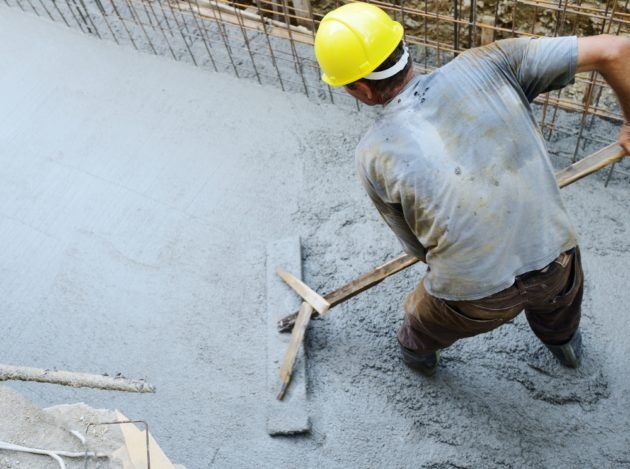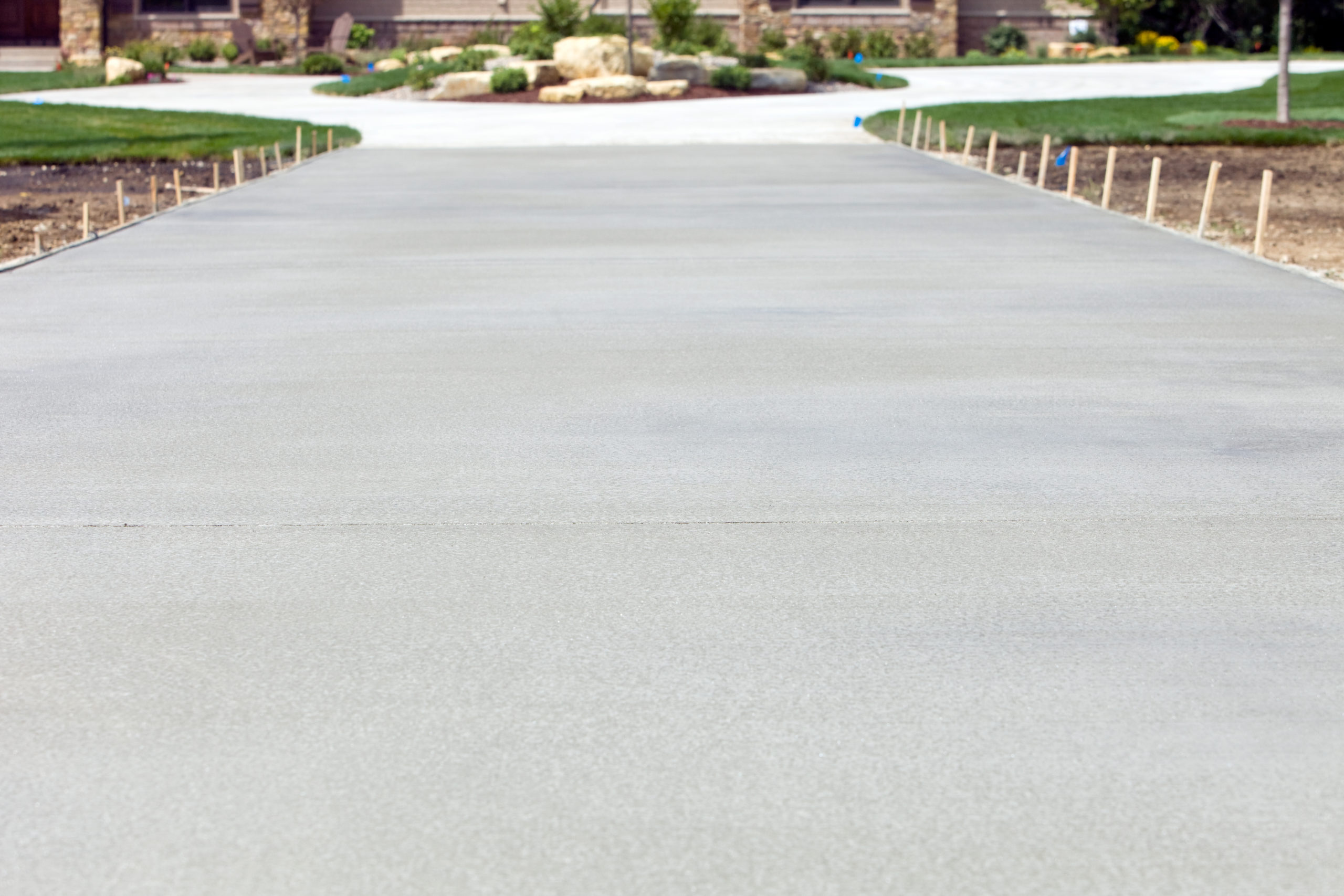Residential and Commercial Concrete Services: Customized to Your Project Requirements
Residential and Commercial Concrete Services: Customized to Your Project Requirements
Blog Article
Revealing the Eco-Friendly Advantages of Using Recycled Concrete in Sustainable Building Practices
In the world of lasting building practices, the use of recycled concrete stands as a crucial yet often underestimated source. Beyond its traditional applications, recycled concrete deals a myriad of environmentally friendly benefits that extend much past the confines of conventional building and construction materials. From lowering ecological effect to boosting cost-efficiency, the effects of incorporating recycled concrete in sustainable structure techniques are significant. This functional product not just addresses pushing environmental issues yet also offers a practical service to the challenges dealt with by the building sector at huge.
Ecological Benefits
By integrating recycled concrete right into construction techniques, there is a significant decrease in the need for brand-new raw products, leading to conservation of natural resources. In addition, the use of recycled concrete diminishes the amount of waste being sent to garbage dumps, therefore decreasing ecological air pollution and relieving the pressure on land fill capabilities (Concrete).

Moreover, the manufacturing of typical concrete is a substantial source of carbon discharges as a result of the energy-intensive procedure of concrete production. On the other hand, recycled concrete has a lower carbon footprint as it minimizes the demand for new concrete production. This decline in carbon exhausts contributes to mitigating climate adjustment and supports lasting building techniques. On the whole, the ecological benefits of using recycled concrete are substantial and play a crucial role in advertising green building methods.
Cost-Efficiency
Achieving cost-efficiency is a vital factor to consider when analyzing the usage of recycled concrete in building and construction projects. One of the essential advantages of making use of recycled concrete is its cost-effectiveness compared to traditional concrete. The manufacturing of recycled concrete involves less energy and sources as it uses existing products, reducing the overall project costs significantly. In addition, the accessibility of recycled concrete in your area can even more reduce transport costs, making it a more cost-effective choice for construction tasks.
Moreover, making use of recycled concrete can bring about savings in land fill expenses by diverting concrete waste from disposal websites. This not only decreases the ecological effect yet likewise removes the prices related to waste removal. Additionally, the sturdiness and efficiency of recycled concrete approach conventional concrete, making certain that cost savings do not endanger the quality of the building.
Longevity and Stamina
Thinking about the significant cost-efficiency advantages of using recycled concrete, it is vital to examine its durability and strength in building applications. Recycled concrete deals comparable, if not superior, longevity and strength homes to typical concrete. Via developments in processing methods and quality assurance, recycled concrete can meet or go beyond the performance criteria of standard concrete. The process of reusing concrete includes squashing, arranging, and screening old concrete to generate aggregates that can be made use of in new building jobs. These recycled accumulations are capable of giving acceptable compressive stamina, sturdiness, and lasting efficiency.

Waste Decrease
Efficient waste decrease practices play an essential role in the lasting use of resources within the building and construction market. When it involves making use of recycled concrete, waste reduction is an essential advantage that contributes significantly to ecological conservation. Traditional building methods often produce considerable amounts of waste, specifically in the form of concrete debris from go now demolition sites. By integrating recycled concrete into building and construction tasks, this waste more is repurposed and diverted from land fills, lowering the general environmental effect of construction activities.
Recycled concrete not just aids in lessening the amount of waste that ends up in garbage dumps but also conserves natural deposits by decreasing the demand for brand-new accumulated materials. This process of waste reduction promotes a round economic climate within the building sector, where products are recycled and recycled to produce a more sustainable industry. Furthermore, using recycled concrete can lead to set you back savings for building projects, as it is frequently more affordable than sourcing and delivering brand-new products. Finally, waste reduction via the utilization of recycled concrete is an essential part of lasting building techniques that benefits both the building and the setting industry as a whole.
Power Preservation
When it comes to making use of recycled concrete in building and construction, considerable power cost savings are attained contrasted to standard concrete manufacturing. The process of generating recycled concrete entails reusing and crushing existing concrete products, which eats less energy than mining, processing, and delivering raw products for brand-new concrete production.
Final Thought
In conclusion, the application of recycled concrete in lasting building and construction practices provides various environmental benefits, cost-efficiency, durability, stamina, waste decrease, and energy preservation. By integrating recycled concrete right into building and construction projects, we can add to a much more eco-friendly and sustainable future. It is dig this important for the building and construction market to prioritize making use of recycled materials to assist minimize the environmental impact of building activities.
One of the crucial benefits of making use of recycled concrete is its cost-effectiveness compared to conventional concrete.Furthermore, the use of recycled concrete can lead to savings in garbage dump costs by diverting concrete waste from disposal websites. The sturdiness and efficiency of recycled concrete are equivalent to standard concrete, making certain that price savings do not compromise the quality of the building.

Report this page